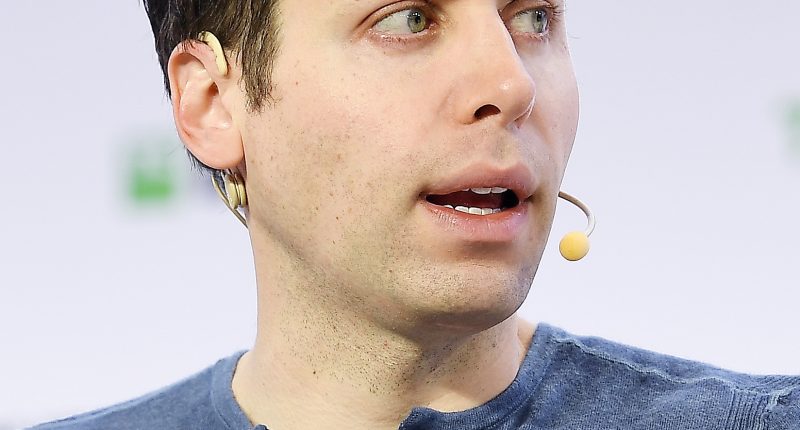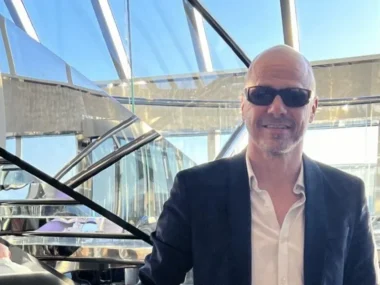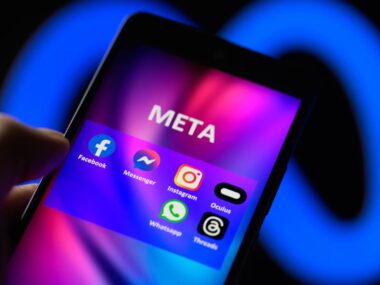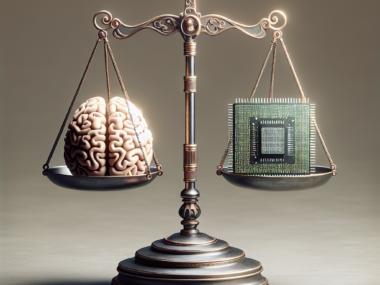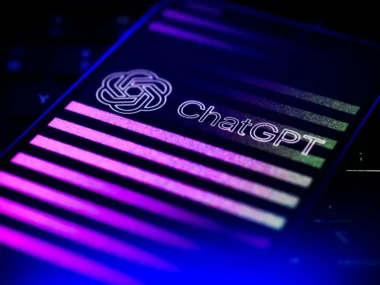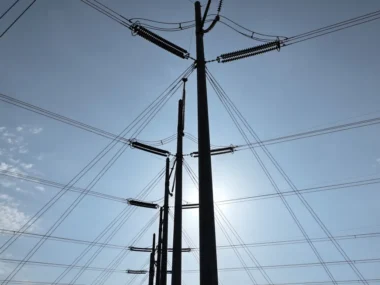During an interview at The New York Times DealBook Summit, OpenAI CEO Sam Altman addressed his professional tensions with Elon Musk. Speaking with moderator Andrew Ross Sorkin, Altman discussed topics like artificial intelligence and Musk’s increasing political prominence. He expressed minimal concern about Musk’s influence within President Trump’s administration, stating he is “not that worried.”
Elon Musk, founder of xAI and a co-founder of OpenAI, recently assumed a high-profile political role by joining President-elect Donald Trump’s newly formed Department of Government Efficiency (DOGE) alongside entrepreneur Vivek Ramaswamy. This development has sparked fears that Musk could exploit his position to benefit his ventures, such as xAI, potentially disadvantaging competitors like OpenAI.
Altman dismissed these fears, arguing that Musk’s principles and public accountability would deter unethical behavior. “Using political power to harm competitors and advance personal businesses would be fundamentally un-American,” Altman stated.
The relationship between Altman and Musk has grown increasingly strained. Once collaborators in founding OpenAI, their partnership has fractured over time. Musk has criticized OpenAI for straying from its nonprofit, public-benefit roots. The dispute escalated into a legal battle earlier this year, with Musk accusing OpenAI of prioritizing profits over its original mission.
Altman expressed disappointment over the situation, describing the lawsuit as a personal and professional letdown. Reflecting on their history, Altman said, “I grew up seeing Elon as a mega hero.” Despite their differences, Altman acknowledged xAI as a “serious competitor” and praised Musk’s initiative to establish an xAI data center in Tennessee. While xAI’s generative AI chatbot, Grok, trails behind ChatGPT and Google’s Gemini, the company has quickly gained traction in the global AI industry.
Beyond the Musk-related tensions, OpenAI is grappling with lawsuits from content creators and media outlets, including The New York Times. These claims allege the unauthorized use of copyrighted materials to train OpenAI’s AI models. Altman called for new revenue-sharing models to support creators, describing the Times’ lawsuit as “on the wrong side of history.”

